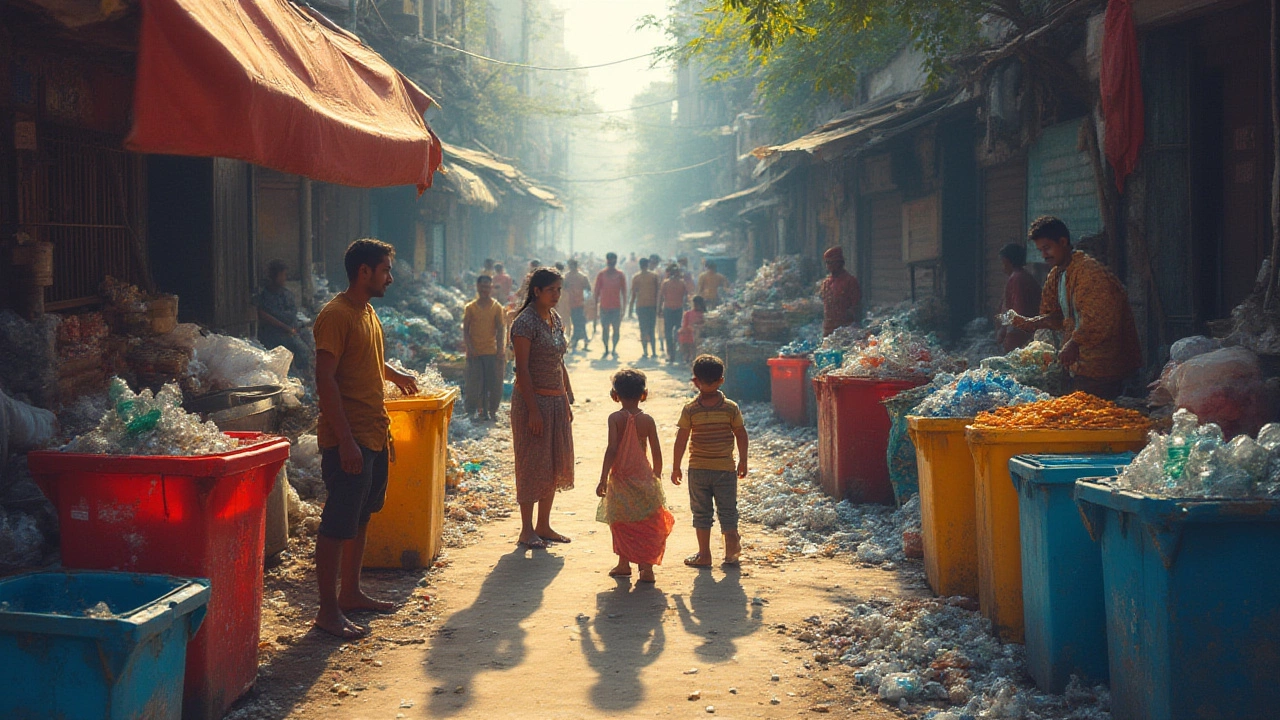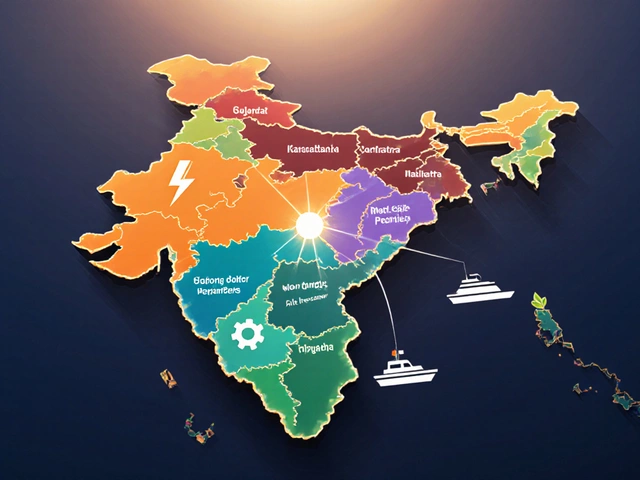Landfill: What It Is, How It Affects Manufacturing, and What You Can Do
When we talk about landfill, a designated site where waste is buried and left to decompose over decades. Also known as waste dump, it’s the final stop for millions of tons of material every year—from plastic packaging to scrap metal, from food waste to broken electronics. Most of it doesn’t belong there. In fact, nearly 60% of what ends up in landfills could be reused, recycled, or repurposed—especially in manufacturing, where waste is often built into the process by design.
Manufacturing doesn’t just create products—it creates waste. A single factory can generate hundreds of tons of offcuts, packaging, defective parts, and chemical residues. Companies like Coca-Cola, one of the world’s largest producers of single-use plastic packaging, and Dow Inc., the biggest plastic manufacturer in the U.S. rely on cheap disposal because recycling is harder and costlier than throwing things away. But here’s the truth: landfills aren’t just environmental problems—they’re economic ones. Every ton of material buried is a ton of value lost. In India, where manufacturing is growing fast, landfills near cities like Delhi and Mumbai are overflowing with packaging from electronics, textiles, and food processing plants. And yet, the same factories that produce this waste also have the tools to stop it.
Some of the simplest, most profitable manufacturing ideas today don’t require new machines or big loans—they just need a shift in thinking. Turning scrap plastic into new products. Reusing fabric offcuts for home goods. Converting food waste into compost for local farms. These aren’t fringe ideas—they’re already happening in small workshops across Gujarat, Tamil Nadu, and Uttar Pradesh. The same materials that end up in landfills are the raw materials for businesses with zero startup cost. The question isn’t whether you can afford to recycle—it’s whether you can afford not to.
What you’ll find below aren’t just articles about pollution or policy. They’re real stories from people who looked at a landfill and saw opportunity. From turning trash into profit with no money down, to understanding why India’s chemical and electronics factories are changing how waste is handled. These aren’t distant problems. They’re your supply chain, your materials, your next business idea—right where you left them.

Where Does Used Plastic Go? Understanding Plastic Waste Disposal and Recycling
Find out what really happens to plastic after you use it, exploring recycling, landfill, and pollution—plus tips to reduce your plastic footprint.
Plastic ManufacturingLatest Posts
Tags
- manufacturing
- small scale manufacturing
- plastic manufacturing
- India
- plastic pollution
- food processing
- textile industry
- government schemes
- electronics manufacturing
- small business
- steel manufacturing
- startup ideas
- production
- textile manufacturers India
- manufacturing business ideas
- business ideas
- chemical manufacturers India
- electronics manufacturing India
- steel manufacturing plants
- manufacturing business




